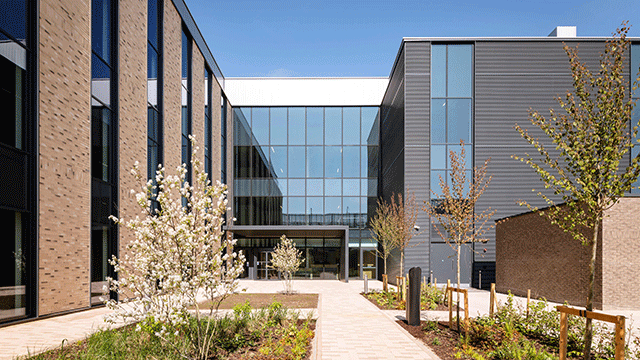The CIS countries are being hit from all sides:global financial turbulence, curtailedaccess to external funding slumping demand from advanced economies and, to top it all, a related fall in commodity prices, notably oil, gas and steel.
In 2007, gross domestic product in the region roseby 8.5%, but this year the International Monetary Fund (IMF) expects the economy to contract by around 5% before a modest rebound of 1% next year.
JP Morgan expects Russia’s economy to shrink by 1% this year instead of the 7% growth it forecast earlier. This translates into a 29% GDP decline in dollar terms on the back of an expected 42% rouble devaluation and an average oil price of $41 a barrel this year.Growth in disposable income is likely to slow from 8.5% in 2008 to zero this year – against a pre-crisis forecast of 9.5% growth – and unemployment will grow to 7.6% this year, up from 6% in 2008. The government is said to fear social unrest.
Last year, investment deals dried up. Buyers soughtonly distressed assets at yields of around 20%, levels that sellers are not ready to accept. Occupational markets were devastated too:Moscow office take-up in December plungedby 90% year-on-year.
ClassA vacancy rates rose by 4.2% in September last year to 20% in December.In addition, many tenants cancelled pre–lease arrangements and developers shelved projects. No-one in the Russian markets expects any recovery in the property markets for at least two years.
Ukraine was riding the wave of huge global demand for its steel, which represents 40% of the country’s exports, earning $17bn (€12.5bn) a year in revenues. This, combined with rising capital inflows, fuelled an unprecedented consumption boom and a rising current account deficit.
When the world financial crisis affected Ukraine severely, the government asked the IMF for help. The fund granted a $16.4bn loan, and the final tranches of this have just been signed off.
Foreign investors are keeping their distance, apart from a brave few. Even they are nervous about the political situation in the country. One seasoned property investor in Ukraine says that even by the “soap opera standards of Ukrainian politics, the race for the October elections has become very nasty and destructive“.
Austria’s Raiffeisen Bank and the German Commerzbank have been recapitalised and continue to operate their strong subsidiaries in Ukraine. The government has taken over seven banks but there are seven or eight more regional banks, owned by local oligarchs, which have been weakened. Some may be liquidated.
But Russian banks are strong in Ukraine and have ambitions to expand there. Tim Norman, head of emerging Europe at fund manager Europa Capital Partners, expects them to be a good source of senior debt to the real estate sector later this year.
Development has virtually halted across the country and rents have crashed.Development pipelines are decimated, further limiting the choice of investment– grade product available. This will affect international investors’ ability to find good investments in the future.
Austria’s Erste Group, a major investor in central and eastern Europe, expects Ukraine to slide further into recession. Despite the political tensions, Erste says, leading Ukrainian business groups, which have strong political influence, want to revivethe economy. It says the country will not be able to recover before the global economy does and that recovery will depend on rising demand for steel.










